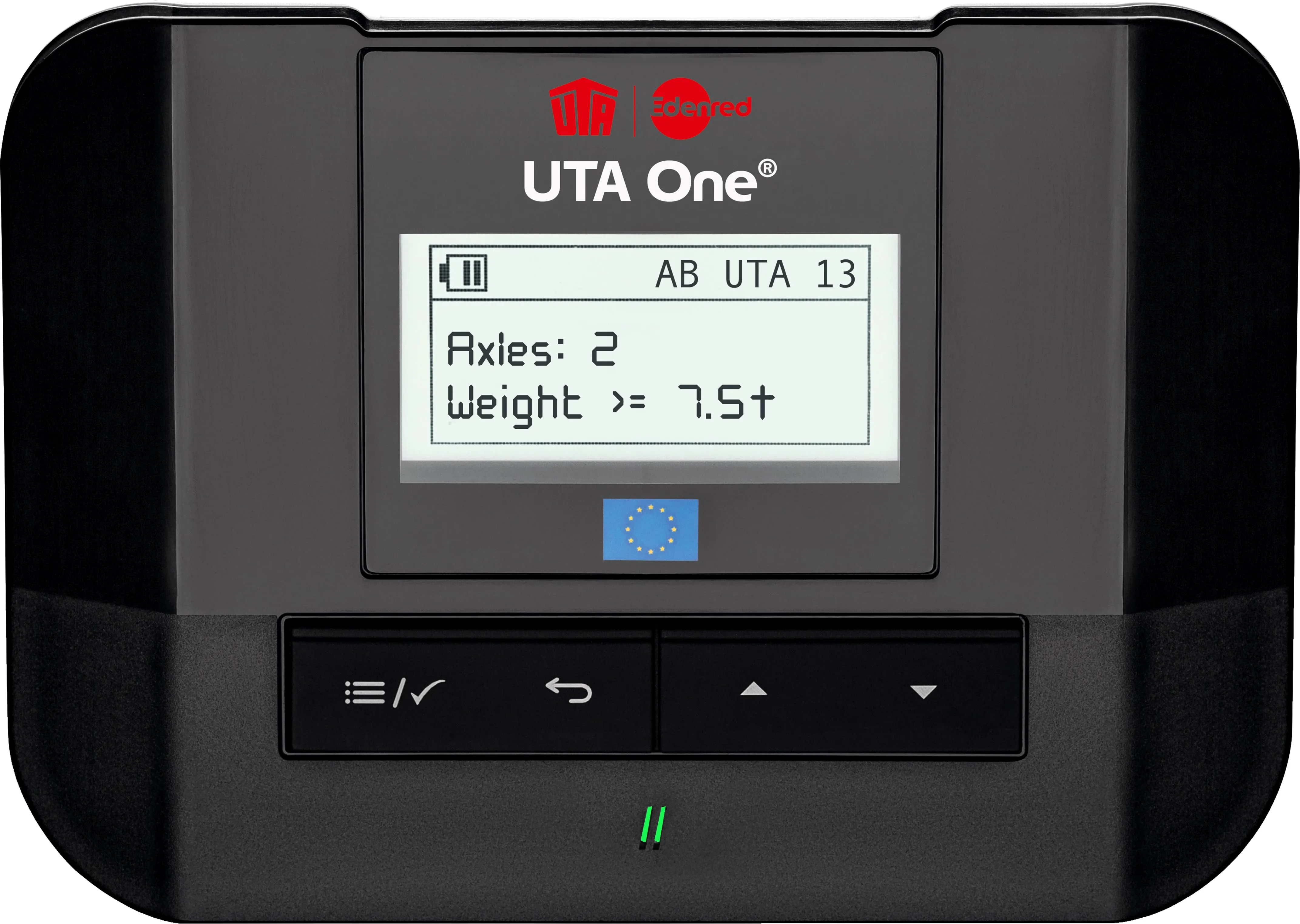
UTA has integrated the Polish e-Toll system into its UTA One on-board unit (OBU), enabling tolls on motorways, expressways and main roads to be settled electronically.
Collectively, the company says UTA One now encompasses 15 toll contexts in 14 European countries.
The e-Toll system – which uses GNSS satellite positioning technology – will replace the legacy viaToll system on 1 October following a transition period.
Under the e-Toll system, tolls are charged electronically for vehicles with a gross vehicle weight over 3.5 tonnes and buses with more than nine seats on sections of motorways, expressways and national roads managed by the state operator GDDKiA. The toll road network in Poland remains unchanged.
The toll can be processed in the new e-Toll system using either an OBU, telematics device or the e-Toll app. In the near future, it will be possible to use a fuel and service card such as the UTA Full Service Card so customers to choose the best option for them.
Companies can set-up an account via the Internetowe Konto Klienta (IKK) e-Toll online portal. They can then manage numberplates, vehicles, equipment and methods of settlement such as their UTA card. Customers can also create an account in person at IKK customer service points or through selected fuel card providers such as UTA.
UTA CEO Carsten Bettermann says: "With each toll context expansion, UTA One better meets the needs of international freight forwarders and transportation companies. In the coming months, we’ll add even more countries to UTA One and supplement it with a telematics solution to help our customers achieve better cost efficiency."
According to UTA, accessing the e-Toll context does not require any administrative effort as it is applied to UTA One OBUs via n Over the Air update. Customers can perform activation in the UTA customer portal for each desired country. The update is available immediately.
Outside of Poland, UTA One supports toll systems in Belgium (including the Liefkenshoektunnel), Germany, France, Italy, Austria, Hungary, Portugal, Spain, Norway (including ferries and motorway bridges), Sweden (bridges), Denmark (bridges), Switzerland and Liechtenstein.









